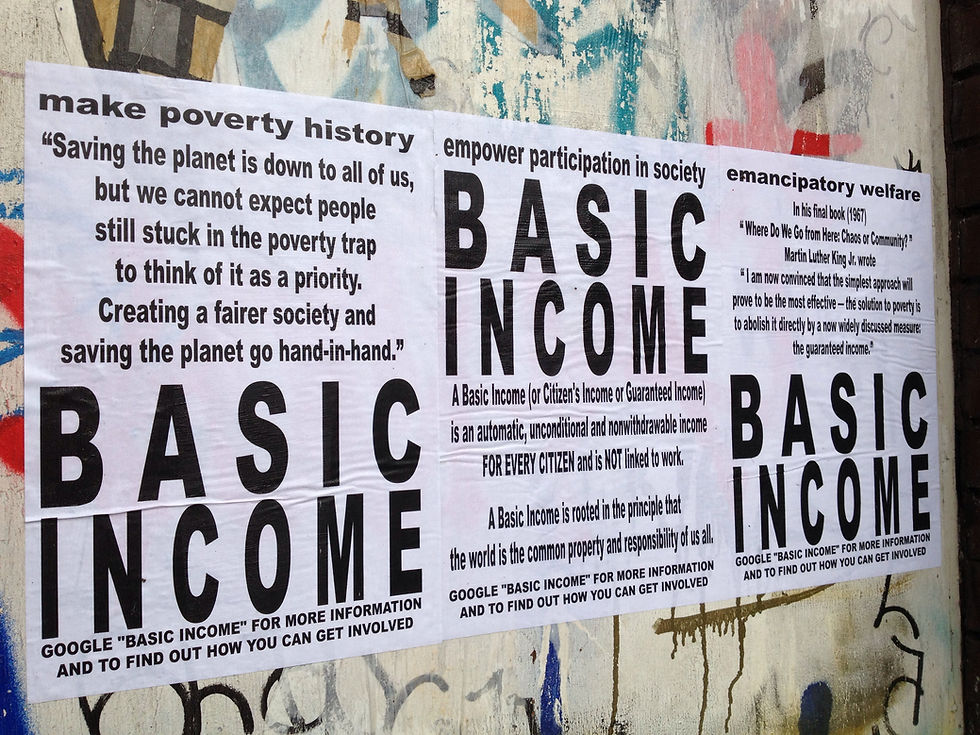#HandsOffMyHijab Gains Traction in France After Proposed Bill
- Maeve Korengold

- Apr 14, 2021
- 3 min read
Updated: Dec 23, 2024
On March 30th, amendments were passed by the French Senate that, if put into effect, would bar anyone under eighteen years old from wearing a hijab in public - as well as prohibiting mothers from chaperoning school trips wearing hijabs. It would also forbid anyone from wearing modest swimsuits (burkinis) at public beaches and pools. Proponents of these measures asserted that they’re designed to prevent “Islamist separatism” and promote secularism, but they have been criticised as being simply Islamophobic and another attempt to control women’s bodies through law.
France has passed other laws often regarded by the public as Islamophobic: face-covering veils known as niqabs, as well as burqas, were banned in 2010 under the penalty of a one hundred and eighty-five dollar fine. Supporters of these laws recognised them as efforts to encourage unbarred social interaction, but the United Nations Human Rights Committee refuted their claims, arguing that France’s bans are violations of women’s religious freedom, and could “could have the effect of confining them to their homes, impeding their access to public services and marginalizing them.” Controversially, these bans are still in effect, despite face masks becoming mandated due to the coronavirus pandemic, and all citizens therefore going out in public with their faces covered.
In reaction to the newest proposed measures, Muslim women around the world have been using social media to speak out by posting information about the possible new ban - detailing their experiences as women who wear hijabs, expressing their distaste with the hold that laws prohibiting certain items of clothing have over women’s self-expression, religious liberty, and the right to bodily autonomy using the HandsOffMyHijab hashtag. One tweet noted that the age of sexual consent in France is fifteen, while this bill would make the age of consent to wear a hijab eighteen; another criticised the double standard between non-Muslim women being allowed to wear revealing clothing as they wish, while Muslim women who choose to dress modestly are excluded from this call for liberation.

According to NPR, this proposed ban was originally created last October, when French middle school history teacher Samuel Paty was murdered by a radical terrorist for showing pictures of the Prophet Muhammed to his class during a lesson about free expression. After Paty’s death, the French government became increasingly hostile towards the Muslim community - organizing raids and leveraging deportations, as well as writing laws with the purpose of “reforming” the way that Islam is practiced in France.
An increase in bigotry against certain groups after a catastrophic event is a phenomenon that has presented itself in many different ways; this was seen in the surge of Islamophobia in the United States after the terrorist attacks on September 11, 2001, and the rising anti-Asian racism as a result of the coronavirus pandemic.
France’s apparent Islamophobia is the result of its efforts to promote secularism. This began with their clash with the Catholic Church throughout history and attempts to lessen the hold that religious institutions have over government and education. However, since the late twentieth century, French Muslims have become disproportionately targeted by laws designed to promote secularism.
For many people, secularism is central to their identity as French citizens. France’s avoidance of aspects of religions in public institutions reflects that, as well as the results of France’s grapples with the power of religious institutions. France’s fear of difference in religion and religious extremism results in the restriction of self-expression and bodily autonomy.

_edited.png)



Comments